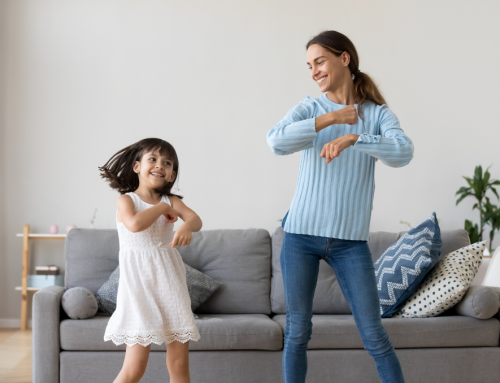In a recent New York Times article, “What Should You Do About Your Babysitter During Coronavirus?”, the author, Melinda Wenner Moyer, describes the chaos suffered by working parents during the coronavirus lockdown.
She raises important questions:
If you’re practicing social distancing, is it OK to invite a babysitter into your home? Should you be offering your sitter time off — and if so, should it be paid or unpaid? What if you’re worried that your caregiver might get your family sick?
 It’s only natural to worry about our children, she states, but for reassurance, available statistics demonstrate that the majority of children who get COVID-19 do not get seriously ill (there are exceptions, though). Nevertheless, with the information constantly changing, it’s wise to limit the spread of infection even if you have young children.
It’s only natural to worry about our children, she states, but for reassurance, available statistics demonstrate that the majority of children who get COVID-19 do not get seriously ill (there are exceptions, though). Nevertheless, with the information constantly changing, it’s wise to limit the spread of infection even if you have young children.
We are able to identify at least seven rules from the Times article. We urge you to view the original article for details.
Rule 1. Moyer explains that if your nanny is still legally allowed to work — and that’s not always clear — that you keep in mind that anyone who comes into your home is a possible virus carrier. Importantly, household employers should educate themselves by reading the Centers for Disease Control (CDC) and Prevention guidance documents.
Rule 2. Have a conversation with your caregiver about keeping everyone safe from infection. Moyer writes:
Share guidelines and other important information with your caregiver, too. For instance, the government now advises Americans to avoid gatherings of more than 10 people. Talk to your sitter about how the infection spreads and how they can reduce risk by washing their hands, using hand sanitizer and not touching their face. Make sure they understand the symptoms of COVID-19, and tell them to inform you immediately — and stay home — if they develop any symptoms, such as a fever or a cough. And of course, be open with your caregiver about your own situation.
Rule 3. Nannies and other caregivers should be encouraged to maintain hygiene by frequently washing their hands:
Ask your caregiver to wash their hands at various critical points: before preparing food, after coughing or sneezing, and after going to the bathroom or changing diapers (provide lotion in addition to soap).
Rule 4. If a nanny takes public transportation, she should consider wearing an outer layer or jacket that can be removed at the door.
Rule 5. Request that your caregiver keep the kids at home or at least avoid crowded places in accordance with CDC guidance.
Rule 6. CDC guidelines permit asking certain questions about your employee’s health, in particular, whether she has experienced symptoms of the COVID-19 infection.
Rule 7. if your nanny gets sick or is under mandatory quarantine, some states require you to offer paid time off and some states are expanding benefits during the pandemic.
For more details, again we urge you to read the full article.





Leave A Comment
You must be logged in to post a comment.